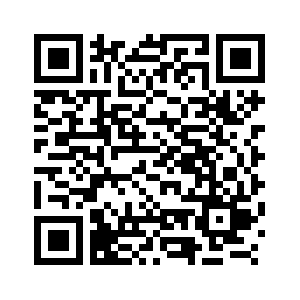SYDNEY, Aug. 15 (Xinhua) -- A new research by Australia's Queensland University of Technology (QUT) showed recruitment fraud surged during the COVID-19 pandemic as the rise of online work made it more difficult to discern job postings.
The study, published in the Social Alternatives journal and released on Monday, used data collected by peak consumer watchdog, the Australian Competition and Consumer Commission (ACCC).
Deanna Grant-Smith from QUT said lockdowns and restrictions created the perfect environment for offenders to target job-seekers online.
"Offenders seek to harvest personal information by posting a fake ad which requires jobseekers to upload personal information that offenders compile into databases and on-sell to legitimate and illegitimate groups," said Grant-Smith.
The report revealed a surge in the number of reports of recruitment scams from March 2020. The number of reports remained consistently high over the course of the pandemic.
Furthermore, victims of fraudulent jobs were overwhelmingly in the 18 to 24 and 25 to 34 age brackets.
Contributing author on the study, Cassandra Cross from QUT's School of Justice, said prior to the pandemic work-from-home positions were twice as likely to be fake and easily recognizable. "... but this criterion has become problematic in pandemic times as work from home has become acceptable and a 'perk' of genuine job advertisements."
The researchers said recruitment scams can be separated into three main types including identify theft, phishing for banking details, and fraudulent postings that require upfront payment to cover costs associated with a fake job.
"In all cases victims lose personal details or money without any benefit," said Grant-Smith.
Australia's largest online job search platforms purport to have mechanisms to detect fraudulent job listings, however the researchers noted that the pandemic has made it harder to detect with the rise of work-from-home positions.
In the paper the researchers called for an investigation into the role these websites play, and said more research would be needed into jobs ads in the COVID era.
"So that we can target awareness campaigns for potential victims, we need to further research the characteristics of those most susceptible to recruitment fraud," said Cross. ■



